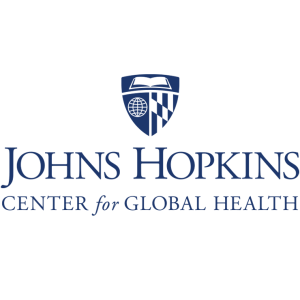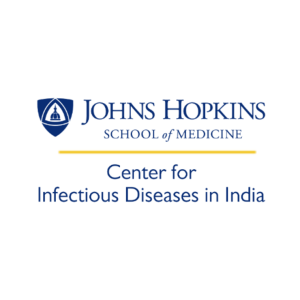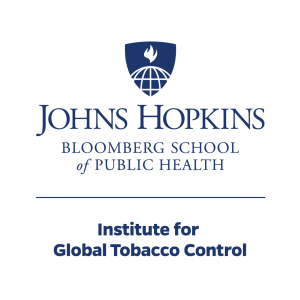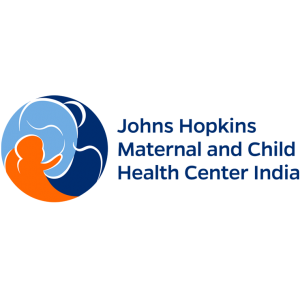Centers & Institutes
Center for Bioengineering Innovation and Design
CBID's mission is the design and early-stage development of better solutions to challenging health care problems, and the training of talented new leaders who are effective health care problem-solvers. Our metric of success is impact—of our ideas and our alumni—on health world-wide. Roughly half of CBID’s projects are focused on lower-resource health care settings. India is a primary location of CBID’s work. Locations for CBID projects in India have ranged from remote and rural areas like Bali Island in the Sunderbans to world-class advanced hospitals in Hyderabad and Dehli.
Center for Communications Programs
CCP has been working in India for more than 2 decades to affect social and behavioral changes that advance family planning, HIV/AIDS, non-communicable diseases, cancer awareness, WASH, nutrition, immunization, tobacco control, women and child health, early child development, and adolescent health.
Center for Global Health
Founded in 2006, CGH is a collaboration among all Johns Hopkins University schools whose mission is to bring together the University health community to address global health challenges, particularly in low and middle income countries. Since its inception, CGH has included India among its focus areas.
Center for Infectious Diseases in India
Housed in the Division of Infectious Diseases, in the Department of Medicine, at Johns Hopkins School of Medicine, CIDI is also a participating Center of Excellence with the Gupta-Klinsky India Institute at Johns Hopkins University. The Center is established on a foundation of high impact, collaborative infectious disease research and education between Johns Hopkins and partnering Indian institutions that is decades long.
Center for Tuberculosis Research
Founded in 1998, the Johns Hopkins Center for Tuberculosis Research (CTR) conducts research —from genetic epidemiology of TB to population-level studies—that advances global policies on tuberculosis control. The research team comprises scientists from the Johns Hopkins Schools of Medicine and Nursing, and the Bloomberg School of Public Health with expertise across a wide variety of disciplines, including epidemiology, diagnostics, drug development, clinical trials, pathogenesis and basic biology. Training and mentoring the next generation of scientists is central to CTR’s mission, thus students from medicine, public health, and nursing are engaged in CTR studies. Accounting for more than a quarter of the world’s tuberculosis burden, India is a country of focus for the CTR.
Institute for Global Tobacco Control
Johns Hopkins Bloomberg School of Public HealthThe Institute for Global Tobacco Control's (IGTC) mission is to prevent death and disease from tobacco products by generating evidence to support effective tobacco control interventions. IGTC's work supports tobacco control action in countries around the world, and the institute has received recognition for its work and achievements by being designated as a partner in a number of public health initiatives since its inception in 1998, including being a collaborating center of the World Health Organization since 2004. As a key player in the tobacco control arena, IGTC has trained more than 2,000 professionals through capacity building programs and produced more than 200 articles in peer-reviewed academic journals. Our work in India focuses on tobacco package branding, health warning label compliance, health problems of beedi rollers, e-cigarette ban compliance, tobacco related litter, and standardized pack shapes.
Maternal Child Health Center India
MCHCI focuses on enhancing women’s health, saving newborn lives, ensuring quality care, addressing vaccine-preventable diseases, meeting the needs of children who live in urban and rural areas that are marginalized and hard to reach, and strengthening public health capacity in India.






